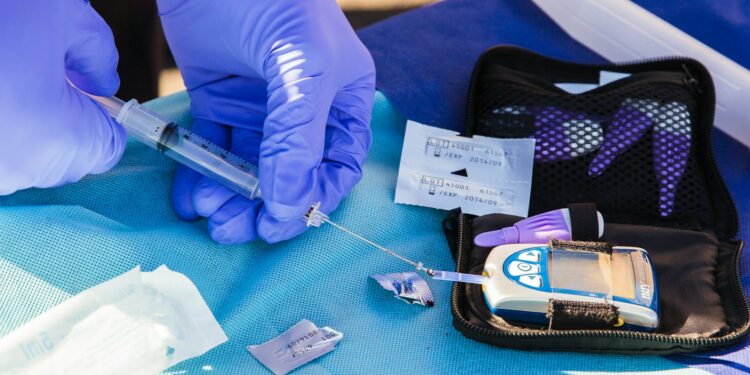This could help long COVID patients.
A recent study has refuted concerns regarding the potential for long-term, life-threatening lung scarring in individuals suffering from Long COVID.
The research team behind the study has also devised a blood test capable of identifying Long COVID patients whose lung recovery prospects vary, distinguishing between those likely to experience significant improvement and those facing prolonged issues.
The University of Virginia Health (UVA) System researchers revealed that approximately 30% of COVID-19 patients progress to develop symptoms indicative of Long COVID. Among these individuals, some may undergo stiffening or scarring of lung tissue as a result of COVID-19 or its aftermath, raising fears of evolving into progressive pulmonary fibrosis—a condition characterized by relentless lung scarring hindering breathing.
To investigate this, the UVA Health team monitored the lung health of 16 individuals hospitalized with severe COVID-19, 14 of whom required ventilator support due to the severity of their symptoms. Even after discharge, some patients continued to experience symptoms suggestive of Long COVID.
Six months later, while some patients showed signs of lung recovery, others still grappled with lung issues, including pulmonary fibrosis. The researchers discovered that blood tests tracking levels of immune cells called monocytes proved effective in predicting lung recovery outcomes. Individuals with lower monocyte levels in their blood samples exhibited delayed recovery from COVID-19 and experienced more severe symptoms, indicating the potential of a monocyte-focused blood test in predicting Long COVID development.
The study also offered reassuring insights, revealing distinct immune cell damage patterns in COVID and Long COVID patients compared to those with pulmonary fibrosis. Lead researcher Dr. Catherine Bonham, a pulmonary and critical care expert at UVA Health, highlighted the significant differences between the immune responses observed in Long COVID patients and the progressive lung scarring characteristic of pulmonary fibrosis.
Published in the journal Frontiers in Immunology, the findings bring hope that even individuals with severe COVID-19 symptoms, including Long COVID, do not necessarily face the dire prognosis associated with progressive lung scarring leading to death.
However, Bonham emphasized the need for further research due to the study’s limited sample size, emphasizing that understanding the intricate interplay between the immune system and pulmonary fibrosis remains a burgeoning field of investigation.

































Discussion about this post